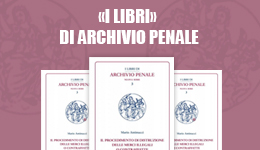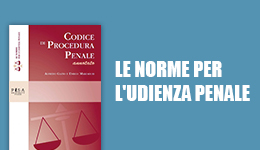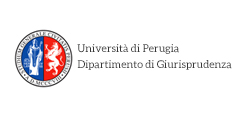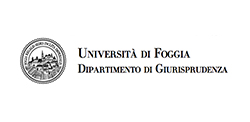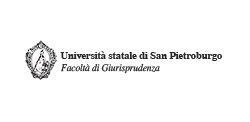Il testo muove da una riflessione di Natalino Irti, svolta su un autorevole quotidiano, circa l’inanità del diritto rispetto ai fatti più drammatici della storia, e segnatamente rispetto alle guerre: soprattutto, del diritto costituzionale e di quello internazionale, rimanendo assolti, da Irti, il diritto civile e quello penale, in quanto deputati a regolare i contesti ordinari della vita. In dialogo con questo approccio, s’intende rimarcare, invece, come il modello tradizionale della giustizia cui fa riferimento il diritto penale risulti il medesimo attraverso il quale s’è giustificato nei secoli il ricorso alle guerre, pressoché sempre proposte da chi le abbia intraprese come guerre giuste. Se ne deriva l’urgenza, per evitare la distruzione totale del pianeta, di superare tale modello di giustizia, e a questo fine si individuano tre elementi propulsivi deri-vabili, in modo inatteso, proprio dalla riflessione penalistica contemporanea: la consapevolezza del fatto che la giustizia e una prevenzione efficace non possono consistere in dinamiche di ritorsione del negativo rispetto a un corrispondente giudizio negativo rivolto verso un altro; il ruolo ineludibile da riconoscersi ai fattori che facilitano il prodursi degli eventi tragici e, con ciò, alla prevenzione primaria, che implica il senso della corresponsabilità nei confronti di quei fattori; la possibilità, anche dinnanzi alla già avvenuta causazione di eventi tragici, del tornare a rendere giuste relazioni che non lo siano state, come può evincersi dalle risorse della giustizia riparativa.
Criminal law and war. Considerations from Il silenzio del diritto mentre la guerra infuria [The silence of law while war looms] by N. Irti.
The paper starts from a consideration, published by Natalino Irti in a prestigious newspaper, about the inanity of the law concerning the most dramatic events in history and regarding wars. This reflection refers mainly to the constitutional and international law, absolving civil and criminal law because they are aimed at the regulation of the ordinary life. In dialogue with this approach, the essay intends to point out that the traditional model of justice, as currently supported by the criminal law, is the same through which wars have been justified over the centuries, having been outlined as righteous wars by those who have undertaken them. From this derives the urgency to overcome this model of justice, with the aim of avoiding the destruction of the planet. Therefore, it is possible to identify three driving forces derived, in an unexpected way, precisely from contemporary criminal thinking: the awareness of the fact that jus-tice and effective prevention cannot consist of retribution of the negative respect with a corresponding negative judgment directed at any other person; the unavoidable role of the factors that facilitate the occurrence of tragic events and, with this, the role of primary prevention, which implies a sense of co-responsibility towards those factors; even when tragic events have occurred, the possibility of returning to fair relationships, as can be inferred from the restorative justice procedures.


